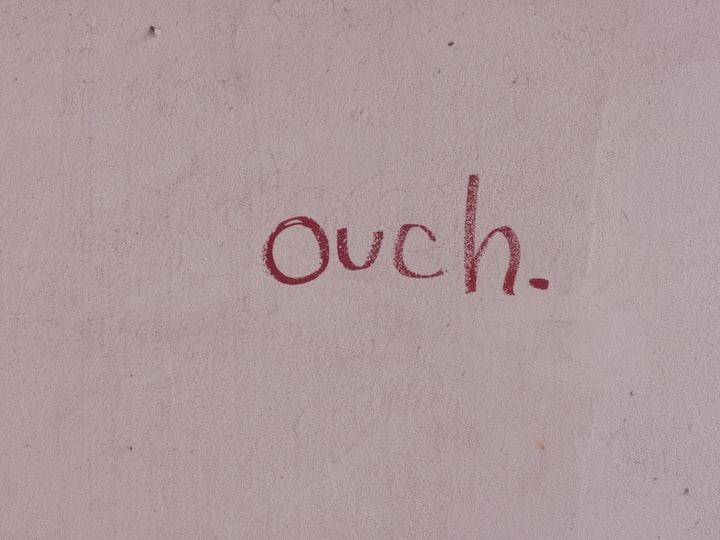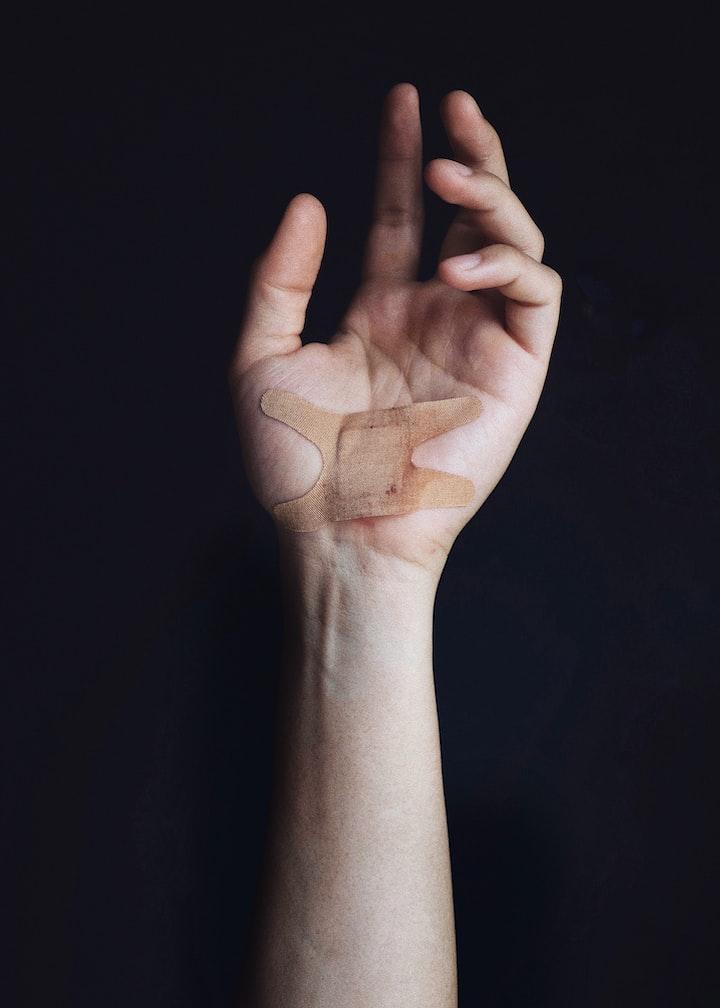How Do You Let Go of Hurt
It is said that time heals all wounds, but sometimes the hurt goes too deep for time to erase. If you’re struggling to let go of hurt, here are some things that may help.
First, it’s important to forgive yourself. If you’re holding on to self-blame, it will be difficult to move forward. Second, try to understand what led to the hurtful situation. This can help you make peace with what happened and prevent it from happening again in the future.
Third, focus on the present and the future instead of dwelling on the past. Make plans for how you want your life to be and take steps toward making those plans a reality. Lastly, don’t be afraid to ask for help from a therapist or trusted friend or family member if you need someone to talk to about your hurt.
Read More »How Do You Let Go of Hurt






